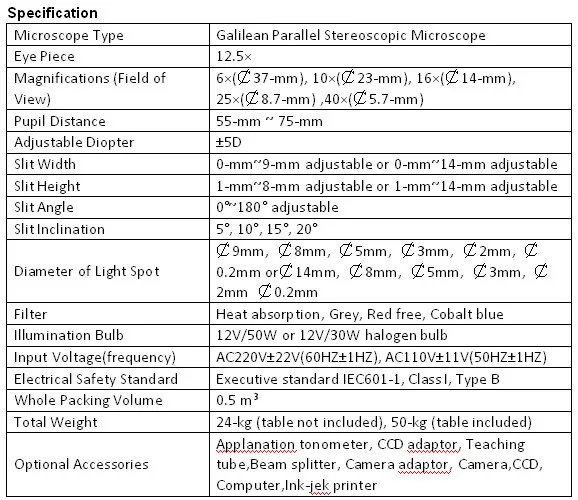Microscope Parts And Functions
Eyepiece Lens The eyepiece contains the ocular lens, which the user looks through to see the magnified specimen. The ocular lens has a magnification that can range from 5x to 30x, but 10x or 15x is the most common setting. Eyepiece Tube The eyepiece tube connects the eyepiece and ocular lens to the objective lenses located near the microscope stage. Arm The microscope arm connects the eyepiece tube to the base.

This is the part you should hold when transporting a microscope. Base The base provides stability and support for the microscope when it is upright. The base also typically holds the illuminator, or light source. Illuminator Microscopes require a light source for viewing.
This can come in the form of a built-in, low-voltage illuminator light, or a mirror that reflects an external light source like sunlight. Stage and Stage Clips The stage is a platform for the slides, which hold the specimen. The stage typically has a stage clip on either side to hold the slide firmly in place. Some microscopes have a mechanical stage, with adjustment knobs that allow for more precise positioning of slides. Nosepiece The nosepiece contains the objective lenses.
Microscope users can rotate this part to switch between the objective lenses and adjust the. Objective Lenses The objective lenses combine with the eyepiece lens to increase magnification levels. Microscopes generally feature three or four objective lenses, with magnification levels ranging 4x to 100x. Rack Stop The rack stop prevents users from moving the objective lenses too close to the slide, which could damage or destroy the slide and specimen. Condenser Lens and Diaphragm The condenser lens works with the diaphragm to focus the intensity of the light source onto the slide containing the specimen.
Microscope Parts And Functions Worksheet

Microscope Parts And Functions
Rob papen blue. These parts are located under the microscope stage.